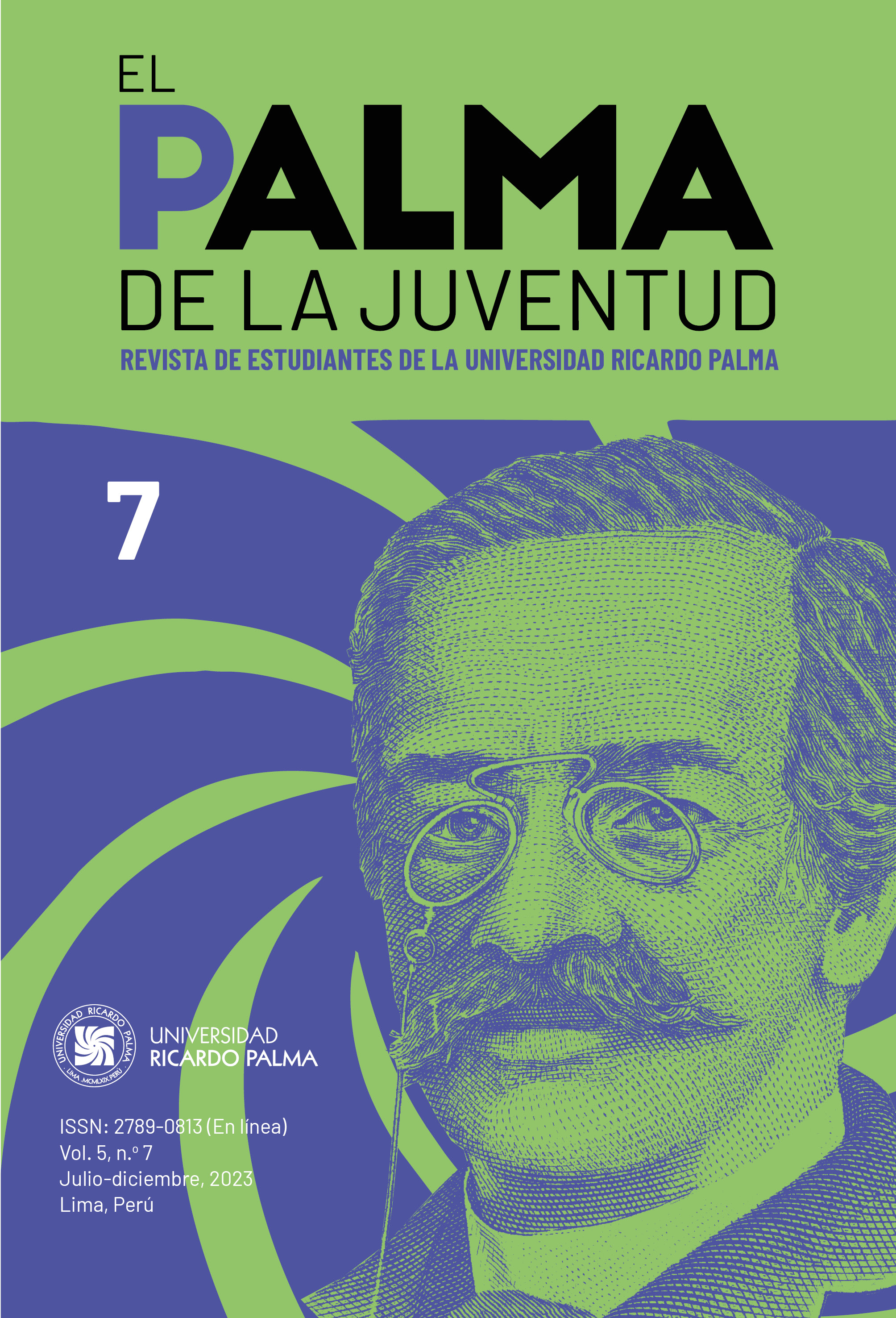Between Punishment and Resistance. Representations of the Slave Body in Joaquim Machado de Assis’s «Father against Mother» (1906)
DOI:
https://doi.org/10.59885/epdlj.2023.v5n7.09Keywords:
Joaquim Machado de Assis, «Father against Mother», power, body, punishment, resistanceAbstract
Based on Michel Foucault’s theoretical contributions on power, this paper aims to address a short story by the Brazilian writer Joaquim Machado de Assis: «Father against Mother» (1906). This text presents a story that revolves around slavery, focusing especially on the practices of punishment and the role of the body in these dynamics. My hypothesis is that, in this story, slave subjects are represented as seeking to produce docile bodies through disciplinary mechanisms: punishments, detention and torture, mainly. In this sense, I am interested in exploring the techniques of control exercised by the masters to maintain their repressive authority. However, my interpretation does not intend to leave aside the acts of resistance that are at play in any regime of power. Therefore, my analysis also considers the brief but significant manifestations of transgression developed by the slaves in the text. The escape attempts and displays of insubordination show that the subalterns are not willing to fit into models of full obedience. In this framework, what my object of study demonstrates is that the functioning of power and the struggles of resistance are necessarily inscribed in the domains of the body: there is, in fact, no system of slavery without an anatomopolitics.
References
Abramo, P. (2021). Un prólogo que quizá deba leerse como epílogo. En J. M. Machado de Assis, Cuentos sobre la esclavitud (pp. 9-33). Fondo de Cultura Económica.
Bosi, A. (1988). Situaciones machadianas. En J. M. Machado de Assis, Cuentos (pp. ix-xxxix). Biblioteca Ayacucho.
Butler, J. (2012). Vida precaria. El poder del duelo y la violencia. Paidós.
Castro, E. (2011). Diccionario Foucault. Temas, conceptos y autores. Siglo Veintiuno.
Foucault, M. (1992). Microfísica del poder. La Piqueta.
Foucault, M. (2000). Defender la sociedad. Fondo de Cultura Económica.
Foucault, M. (2008). Vigilar y castigar. Siglo Veintiuno.
Lago, S. (2009). El narrador proteico en los cuentos de Machado de Assis: roles, funciones y efectos [Tesis de maestría, Universidad de Buenos Aires]. FILO Digital. http://repositorio.filo.uba.ar/handle/filodigital/2037
Leonardo, R. (2020). De mandingas y cimarrones. Sujeto y matriz afrodescendiente en «El rey del monte» de Ricardo Palma y «Padre contra madre» de Machado de Assis. En M. Martos & M. A. Lovón (eds.), Estudios de literatura hispanoamericana contemporánea (pp. 37-58). Academia Peruana de la Lengua; Academia Ecuatoriana de la Lengua.
Machado de Assis, J. M. (2021). Cuentos sobre la esclavitud (P. Abramo, trad.). Fondo de Cultura Económica.
Schwarz, R. (2014). Las ideas fuera de lugar. Meridional. Revista Chilena de Estudios Latinoamericanos, (3), 183-199. https://meridional.uchile.cl/index.php/MRD/article/view/33391/35116
Souza Filho, B. (2005). Esclavitud y espectáculo punitivo en el Brasil decimonónico. Diálogos Latinoamericanos, 6(10), 98-115. https://doi.org/10.7146/dl.v6i10.113652
Velázquez, M. (2005). Las máscaras de la representación. El sujeto esclavista y las rutas del racismo en el Perú (1775-1895). Universidad Nacional Mayor de San Marcos; Banco Central de Reserva del Perú.
Downloads
Published
How to Cite
Issue
Section
License
Copyright (c) 2023 Jean Paul Espinoza

This work is licensed under a Creative Commons Attribution 4.0 International License.
La revista utiliza una licencia Creative Commons para mostrar a los lectores y usuarios cómo se pueden utilizar los contenidos publicados.
Los contenidos publicados en esta revista están bajo una licencia CC-BY 4.0. Esta licencia permite:
- Compartir, copiar y redistribuir el material en cualquier medio o formato.
- Adaptar, remezclar, transformar y construir a partir del material para cualquier propósito, incluso comercialmente.
Bajo los siguientes términos:
- Atribución. Usted debe dar crédito de manera adecuada, brindar un enlace a la licencia, e indicar si se han realizado cambios. Puede hacerlo en cualquier forma razonable, pero no de forma tal que sugiera que usted o su uso tienen el apoyo de la licenciante.










